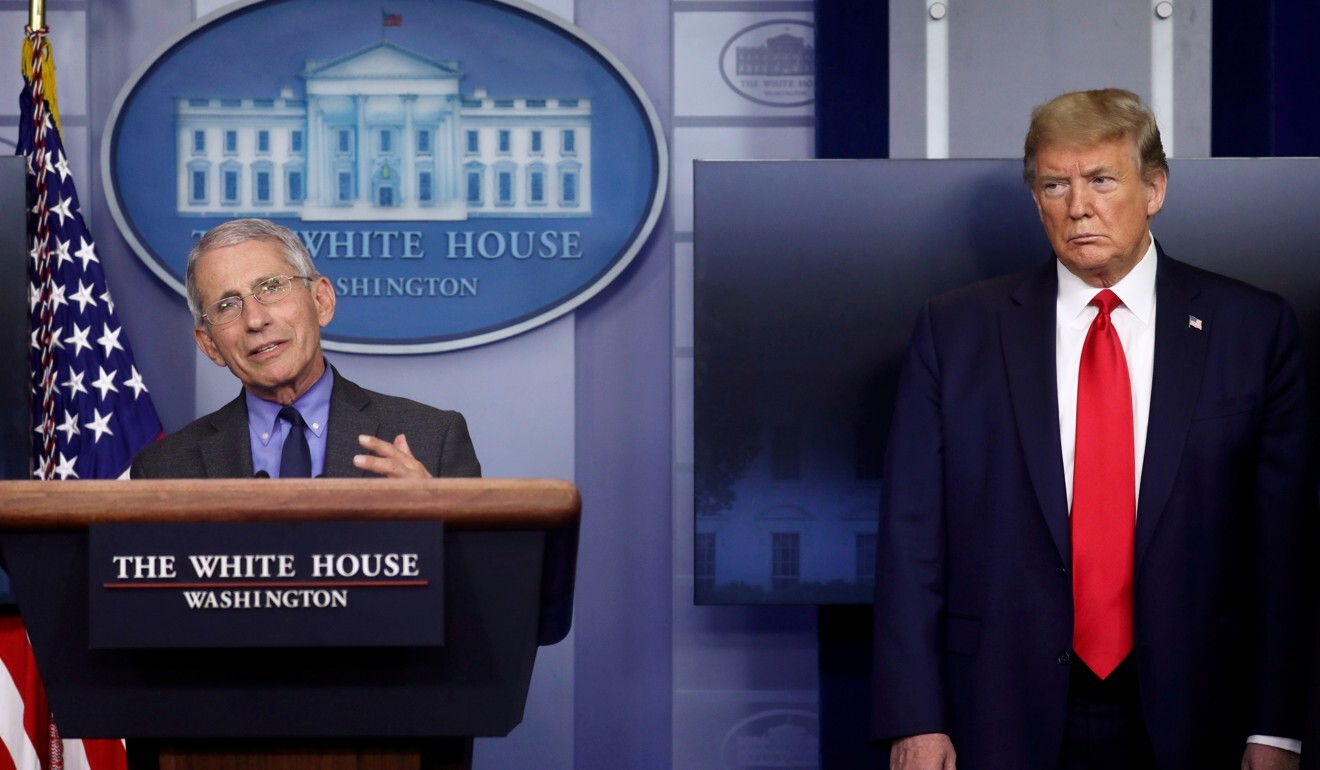
The WHO’s coronavirus response shows that the organisation is broken, but fixing it must wait
- While US President Donald Trump erred in withholding funding to the WHO, and it is incorrect to say China controls the global health body, it is in dire need of reform to ensure it focuses on science and evidence-based data
This crisis has exposed the WHO as primarily a political organ of the United Nations, rather than the science-based authority most people believe it to be. Almost every statement it made and advice it provided throughout January and February has been proven to be incorrect.
The effusive praise continued even when it became clear that China had not been completely transparent from the beginning and as it continued to delay overseas scientists and WHO teams from visiting Wuhan – in fact, the WHO’s “advance” team only landed on the ground on February 10, well after the crisis began unfolding and far too late to make much of a difference.
The sad fact is that the WHO of today is a far cry from that which led the effort to eliminate polio in the late 1980s or even that which led a strong response to the outbreak of severe acute respiratory syndrome in 2002.
The WHO has little power to control member states or direct their behaviour. Instead, it must rely on a strong leader to encourage or even cajole nations to cooperate and act.
Dr Gro Harlem Brundtland, former prime minister of Norway and then WHO director general, questioned China’s initial response to Sars and in so doing forced China to be more open about the nature and extent of that virus.

Far from focusing on science, the WHO now simply receives, collates and repeats the information it receives from member states. It doesn’t question the data or ask the tough questions. That is problematic, but the larger issue is that it presents the data as evidenced-based facts, even in the face of obvious discrepancies and omissions.
For this reason, it is incorrect to say that China has captured and is controlling the organisation. Even worse, the WHO is captured by all its member states and is hesitant to take any measure which would offend any of them.
First, we are in the midst of a once-in-a-generation pandemic. There will be a time to hold the WHO accountable, but this is not the time.

Second, the move is short-sighted, as with any inter-governmental organisation and UN agency, the larger players jostle for influence. Any US retreat will simply cede influence and control to China.
But make no mistake, the system is broken. The WHO must undertake an extensive investigation into its handling of the crisis and structurally change its processes and response to health emergencies. It may not be able to do so within the confines of the UN.
If that proves to be the case, the WHO’s mission should be narrowed and it should cease to operate as it does today. A partial defunding will be justified and a new world health authority should be established, centred on science and evidence-based advice and with global health its sole focus.
Bryan Mercurio is the Simon F.S. Li Professor of Law at the Chinese University of Hong Kong. He is the author of Drugs, Patents and Policy: A Contextual Study of Hong Kong

